
Do animals have rights and do plants? Do they have responsibilities? Or do they have rights to exist and flourish while we, human animals, have the responsibility to ensure their welfare? But what about within the animal kingdom, are there not some inherent norms for behaviour? Mothers caring for young, different family forms, protection of territory? Fascinating thought isn’t it? And of course, we humans have overall responsibility for the care of creation as a whole, as designated stewards of creation by God, our Creator. So rights and responsibilities, our March and Lenten theme, applies to other aspects of creation too. To be commended is the SPCA and other such organisations which have for many years worked against cruelty to animals.
Climate change is often used as an umbrella term that includes many different aspects including biodiversity. Last year there were two big conferences, COP26 in Glasgow was focusing strongly on the responsibility of humanity for controlling temperature rise. The use of fossil fuels is the main contributor, and the devastating climactic disasters being experienced across the world a consequence. The other, COP 15 in China was focusing on biodiversity, i.e. plant and animal species, preventing the loss of species and destruction of ecosystems. This is an equally important responsibility but got far less attention. In fact the 2nd part of the biodiversity conference is still being delayed.
The study of nature conservation has been around for many years, as an area of study and practical application. It should not be seen by us mainly as training of game rangers for game reserves, for the enjoyment of tourists and visitors and a source of income. But even game reserves have great ecological value in the various programmes they manage.

There are thousands of applications and I learned with interest about a rewilding project in the southern Cape. The area around Cape Town and along the south coast was home to human, plant and animals for ages before human settlement by Europeans began to disrupt these ecosystems and increasingly displace the people and animals. It is almost unimaginable that, as late as 1896, it has been reported how vast herds of hundreds of thousands of springbok, accompanied by other predatory animals, migrated across the land, grazing and fertilizing it. Human habitation, farming and hunting eventually caused the near complete loss of these herds. Alien vegetation that was introduced has also become a serious problem.
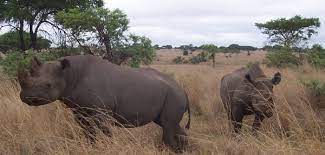
A positive approach in our day, with the growing awareness that loss of biodiversity is ultimately disastrous, is rewilding. Blayne, a young volunteer who worked for some time in the Nuwe Jaars Nature Reserve in the southern-most part of the Cape shared with me his experience of farmers aiming to reintroduce wild life back into the area. Where possible, land and corridors between farms are being created and made available to bring back hippos, rhinos, buffalos, antelope of various kinds and many birds and types of vegetation which originally existed there. Even elephants did roam there, but the available space today is too small. It seems that no one is sure if there are still any elephants in the Khysna forests. Projects like this also support, educate and empower local populations to become increasingly self-sufficient.
Blayne is now at university, studying nature conservation. He shared that this had been his passion since being a young boy. I find it heartening that young people, who may be protesting and marching about environmental awareness, also take up careers like this, and choosing a life-style that is not consumer or money orientated. He commented that he thought much more could be done in schools to promote such a life-view. I suggested and we agreed that in families too a love of nature and creation in general is an ecological spirituality to be cherished and nurtured.
Pope Francis’ encyclical letter LAUDATO SI is a wonderful resource for all members of families in their working environments too, scientists, business and financial people, engineers and miners. The different movements and projects that have grown out of that offer many opportunities to learn more and grow spiritually too. Check out the LAUDATO SI ACTION PLATFORM www.laudatosiactionplatform.org and google for information on the upcoming LAUDATO SI ANIMATORS COURSE. http://www.laudatosianimators.org. A new course starts in the middle of April. TR FAMILY WEEKLY 30 MARCH 2022

The April theme is GOD AND FAMILY but also continues with the Lenten theme of RIGHTS AND RESPONSIBILITIES, followed by A HOLY WEEK WITH THE ANGELS and DAILY THOUGHTS for the Easter Season. See http://www.marfam .org.za/family Wematters for the April overview for the month. Listen to FAMILY MATTERS on Radio Veritas, Wednesday 9-10 am
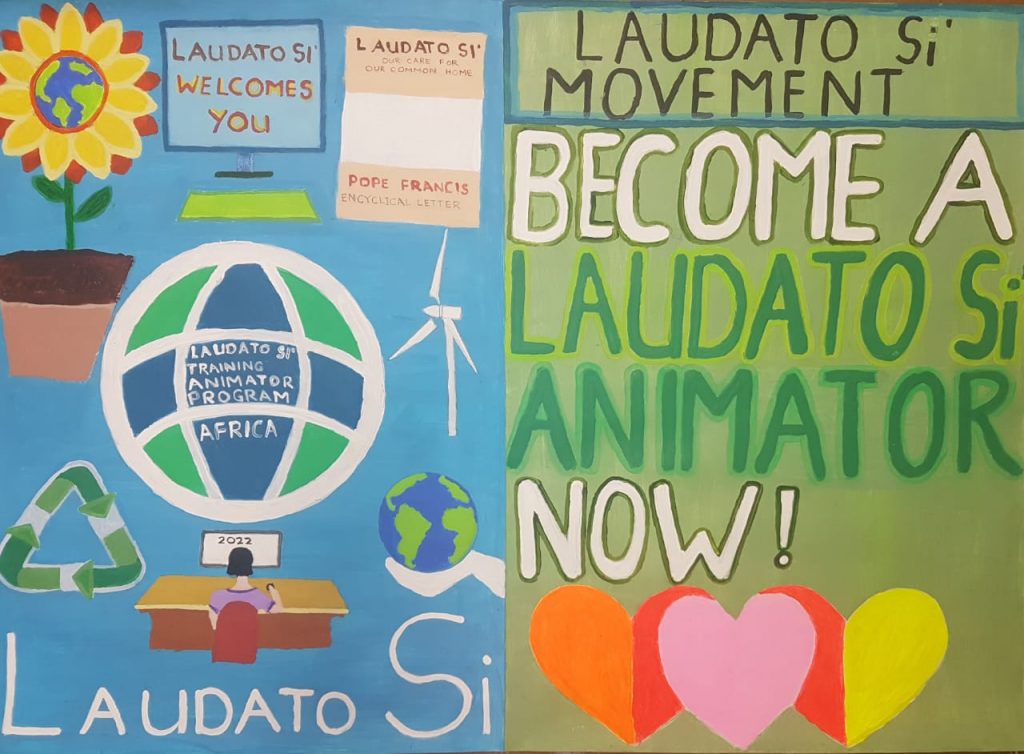

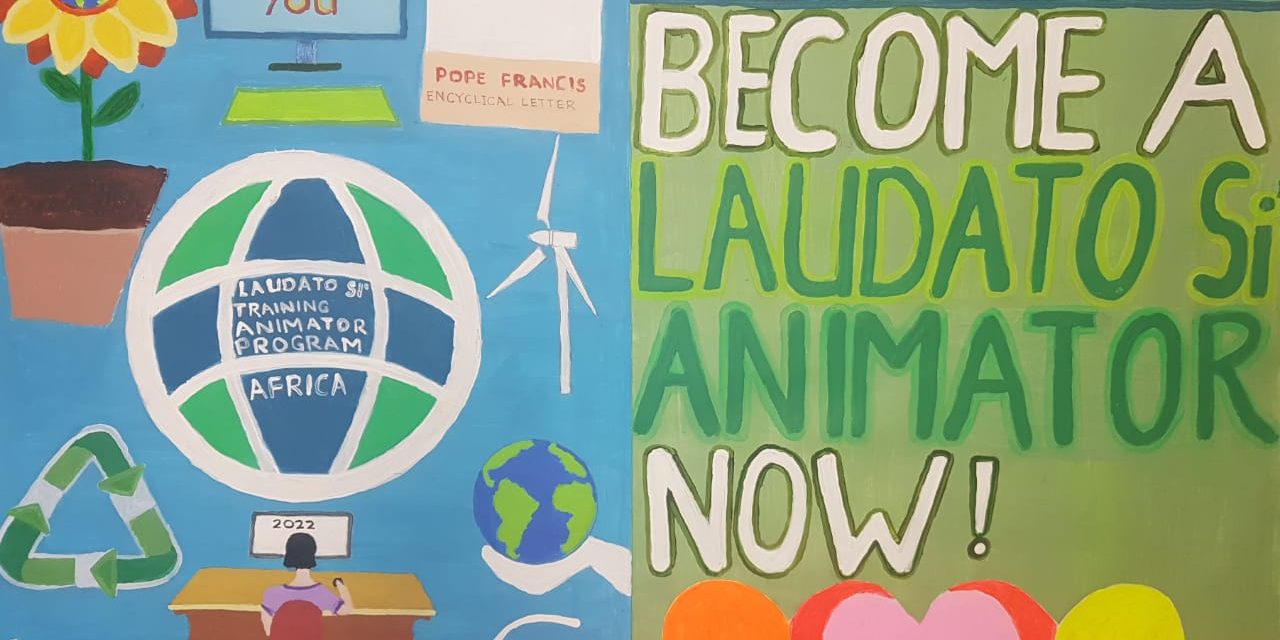
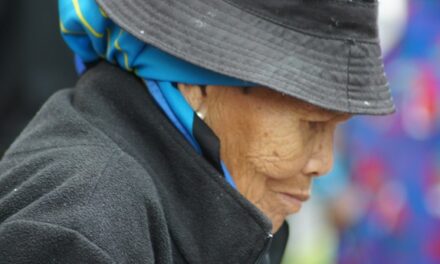

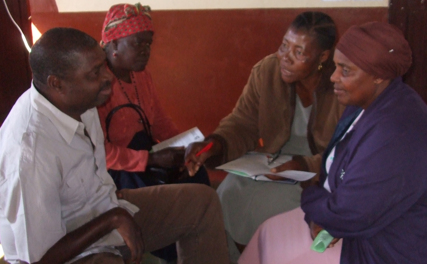
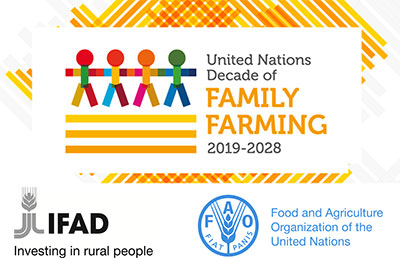
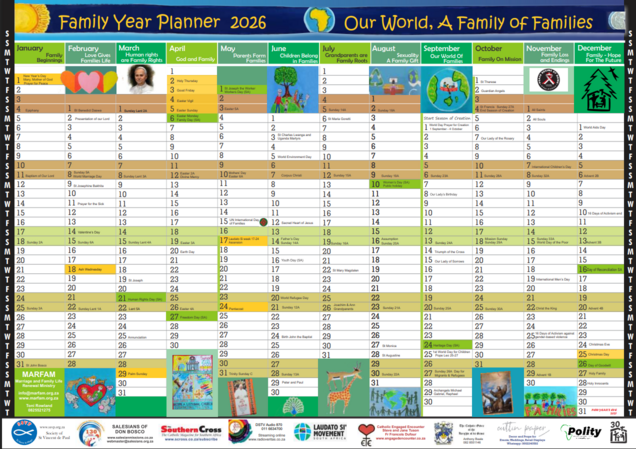
Recent Comments